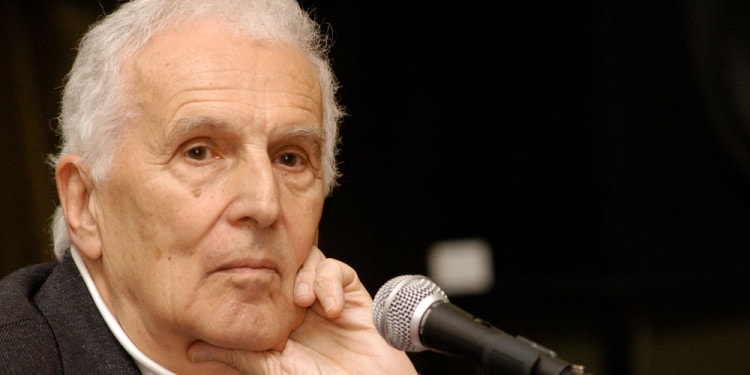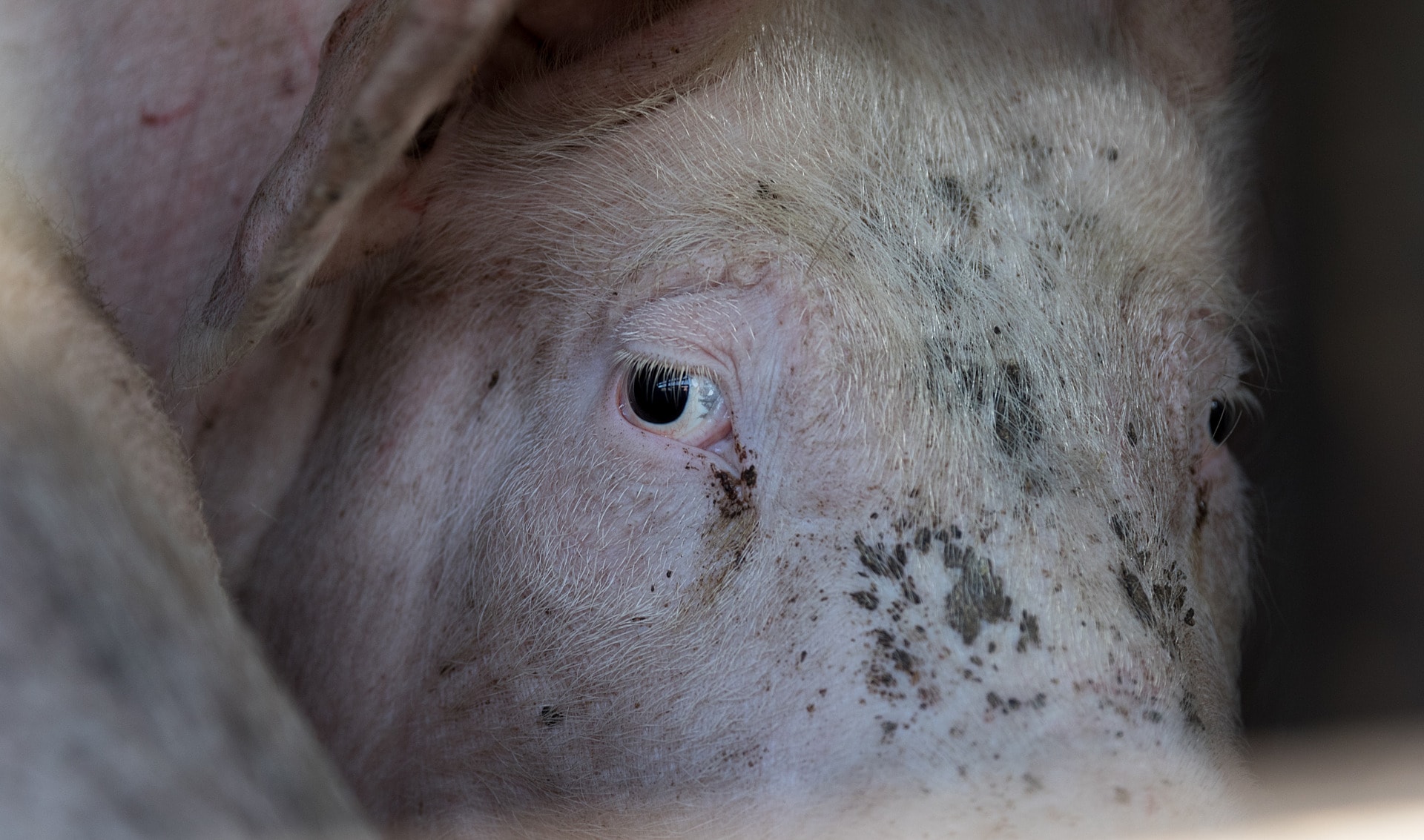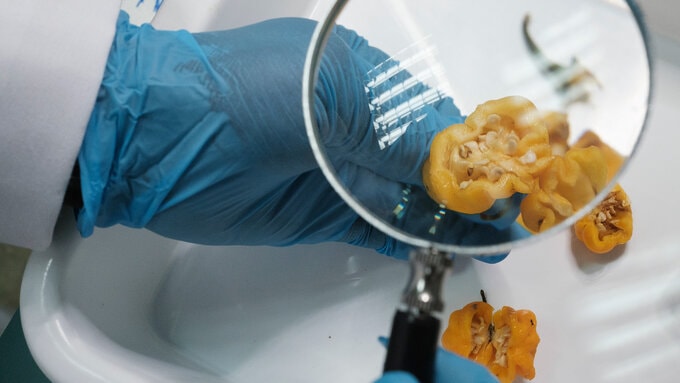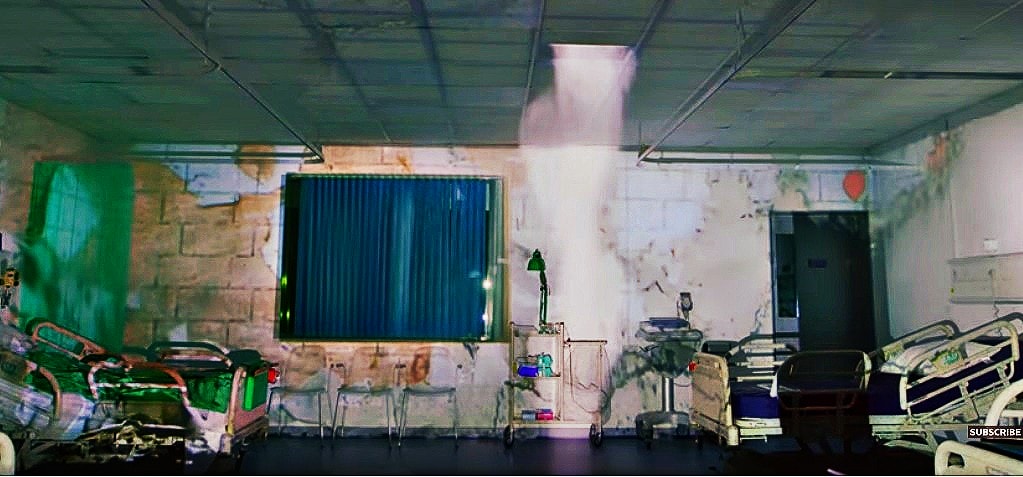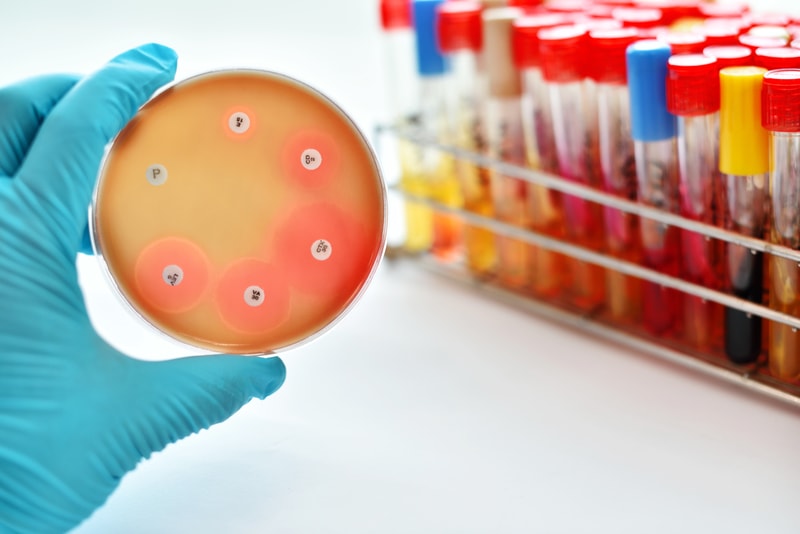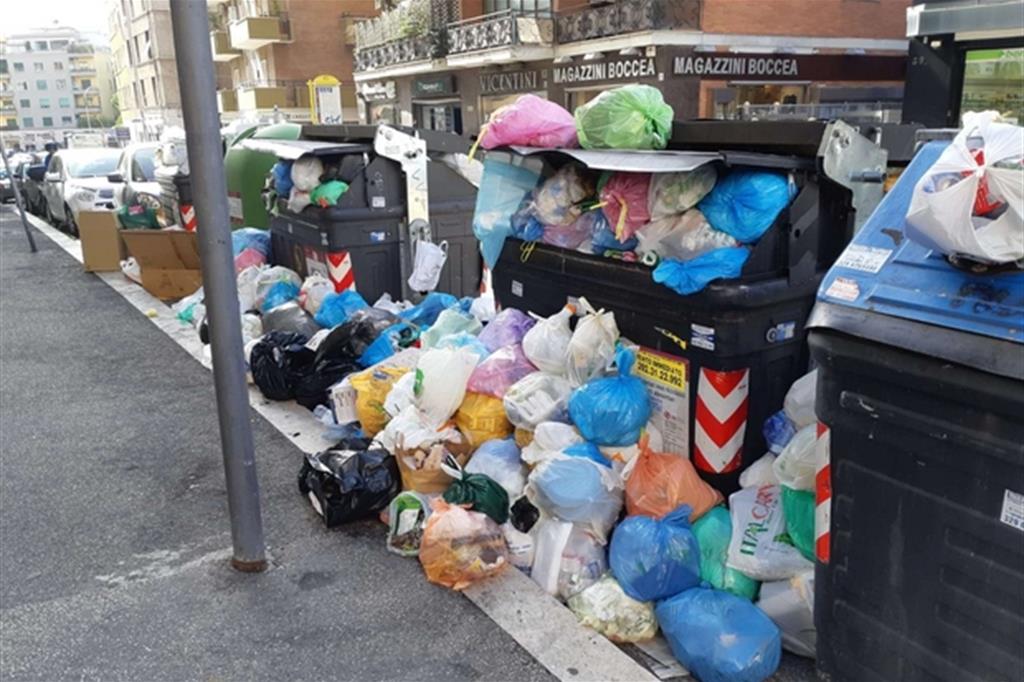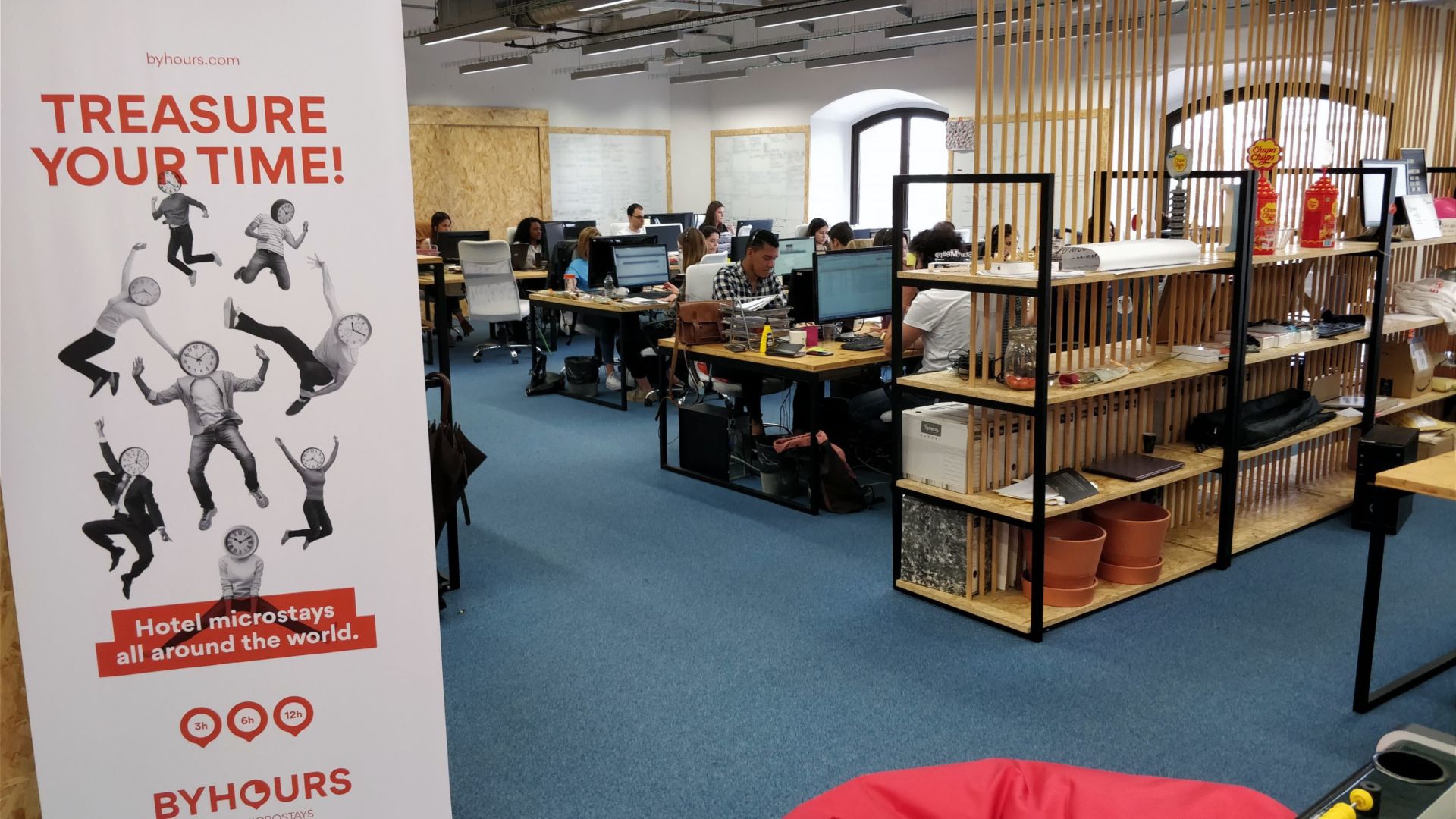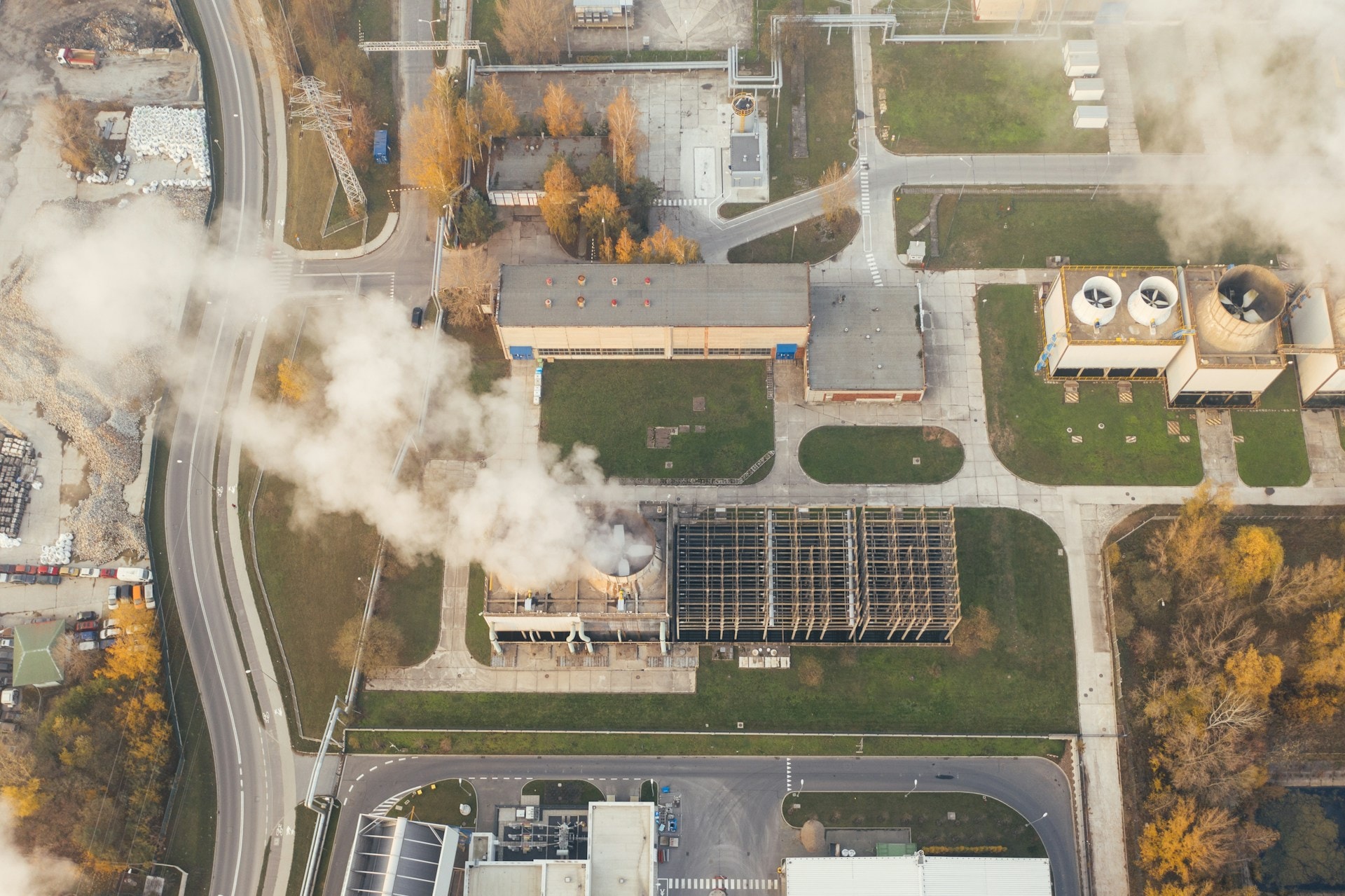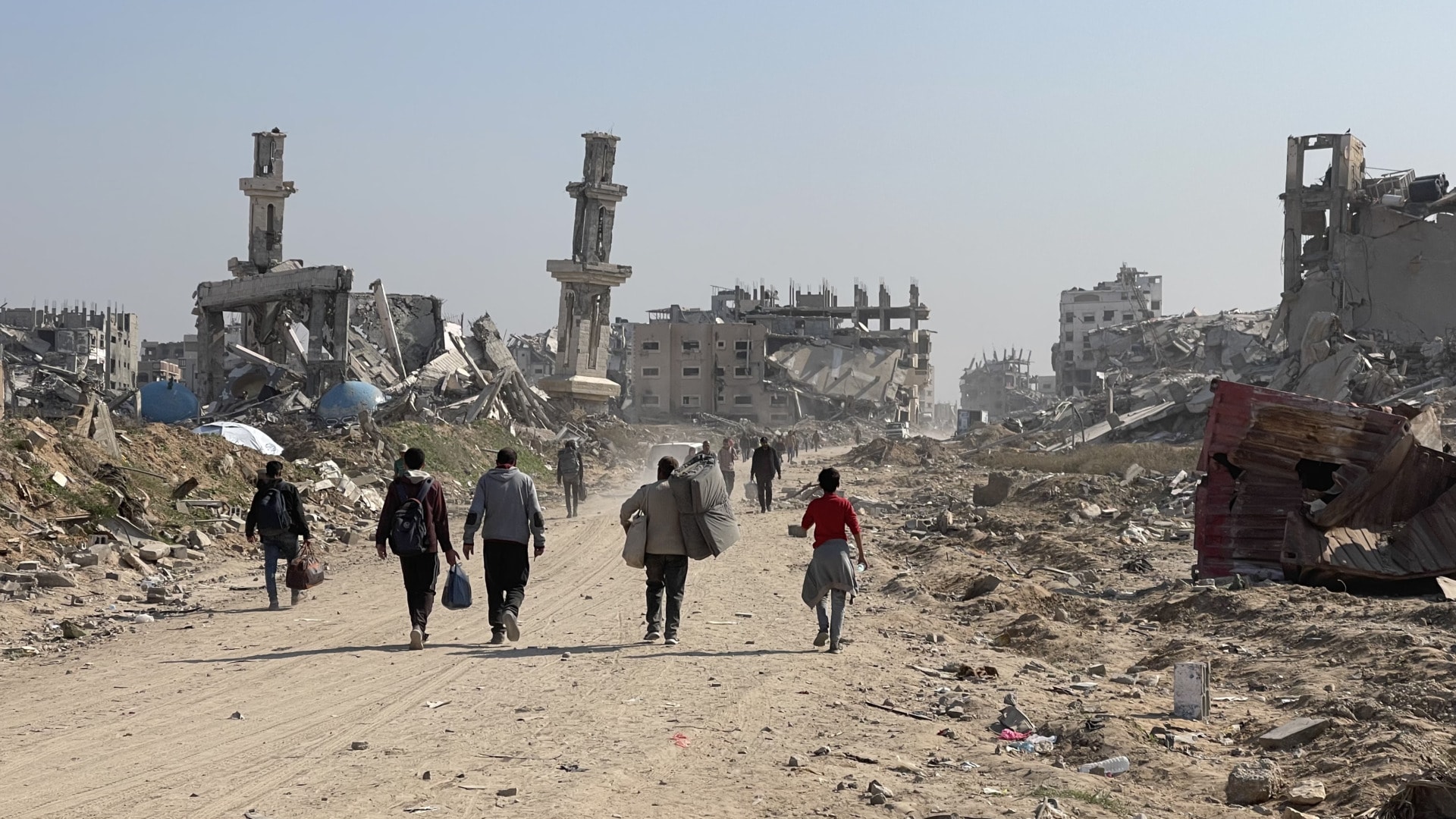Antimicrobial resistance has grown in recent years as a result of the overuse of antibiotics. Drugs no longer work as they used to. The alarm was rung in April 2019 by a UN group of experts in a report sent to the UN Secretary General, titled “No Time to Wait: Securing the Future from Drug Resistant Infections”. It called for a “sustained health response” on a global level. Here is what a major Italian medical authority, Professor Silvio Garattini, interviewed by Impakter Italia has to say.
The report by United Nations experts has shown that medical procedures, surgical procedures and common pathologies have become at risk precisely because of the “alarming level” of resistance registered in commonly used medicines. In addition to antibiotics, also fungicides, antivirals, antiparasitics and antimicrobials are concerned.
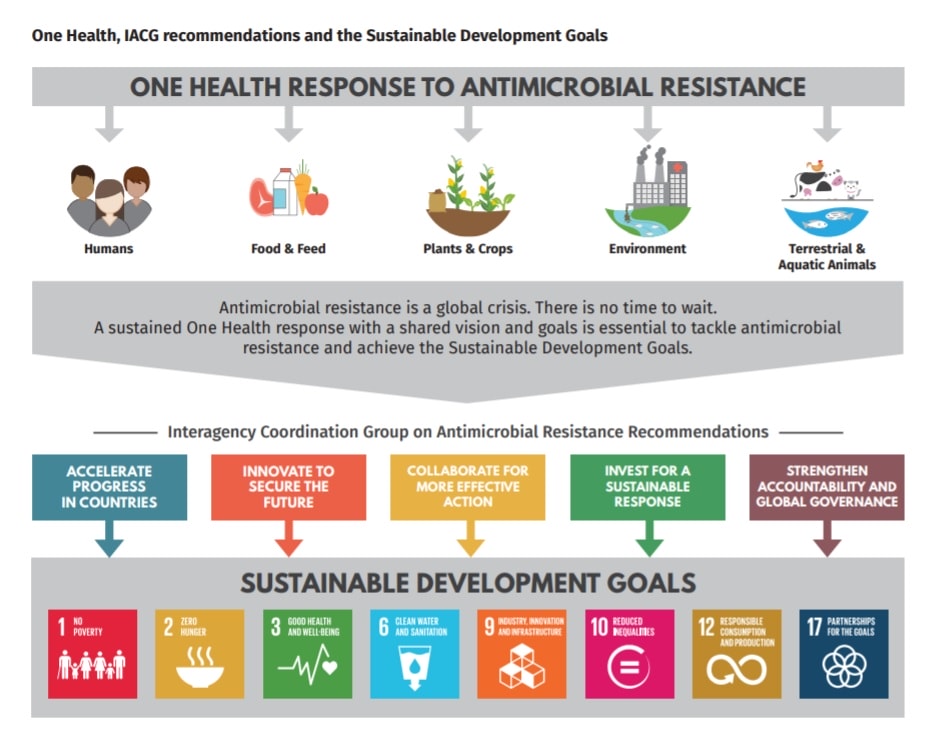
Impakter Italia spoke about it with Prof. Silvio Garattini, world-renowned pharmacologist, founder and Chairman of the Mario Negri Pharmaceutical Research Institute.
Professor, is this alarm unexpected?
Absolutely not. For years, the medical scientific community has been discussing the fact that some drugs, especially antibiotics, no longer have the same healing effects as before: it is said that resistance follows a drug like its shadow. So we knew this moment would come. We are talking here about anti-virus and anti-infective drugs that may have a synthetic or other origin. But we had so many different products and we were constantly changing them [to address infections].
Today the problem is called “multidrug resistance”. For example, many types of bronchial pneumonia are at risk as they threaten to become difficult to treat.
So, the problem is very big.
Definitely. As the UN report specifies, there is no difference between rich and poor countries. But the phenomenon concerns in particular the West where certain drugs and certain drug therapies have been in use. In Africa or more generally, in less developed countries [from a public health standpoint], people continue to die of certain diseases regardless of the drugs.
The risk is to go back to the pre-antibiotic period. We won’t get there because in the meantime the hygienic, food and general conditions of life have changed and as a result, we are stronger. Nevertheless that’s the road we’re on. Also because globalization has also affected the spread of bacteria, viruses travel very easily today from one place to another in the world. Just think of the return of the tuberculosis problem.
How did we get to this point?
We abounded in the use of drugs when it was not necessary. An example? Antibiotics for influenza. Or the massive spread of the antibiotics themselves in animal farms. The problem lies in the fact that the drug by not killing the bacterium has allowed it to develop its resistance to the drug itself, nearly or completely destroying its usefulness.
What would we need to do to address this issue?
I would like to talk about our drug culture and let me explain. We need research and information independent of the pharmaceutical industries. Because if we remain attached to this system we will not be able to free ourselves.
We need to launch research programs that allow us to find new drugs, new types of antibiotics. We would need a system of pills prescription as it is in use in Anglo-Saxon countries: if a patient needs to take 2 pills a day for four days he must be able to go to the pharmacy and be able to buy 8 pills, not the whole pack of ten or twenty pills.
Here in Italy those are tasks for the Italian Ministry of Health, for AIFA (the Italian Drug Agency) and for academic research organizations. And it wouldn’t cost who knows how much. For our National Health Service fund – which is a great thing – we spend €115 billion: it would be enough to allocate 3% of this figure to research and information and it would be a great step forward.
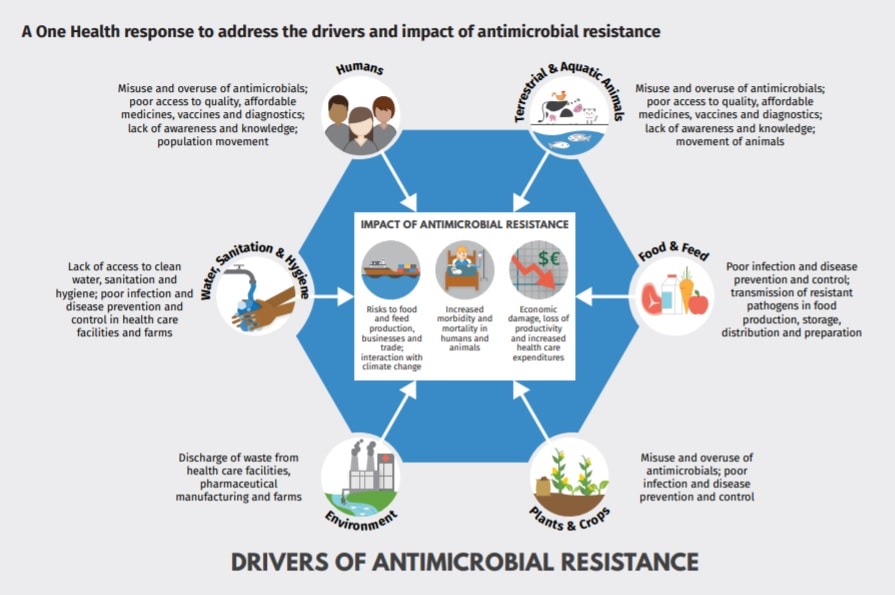
This article is part of an editorial collaboration with Impakter Italia. Authored by the Editorial team of Impakter Italia, it was first published in Italian on our sister publication on 29 April.
Featured Photo: Professor Silvio Garattini. Credit: Impakter Italia.


